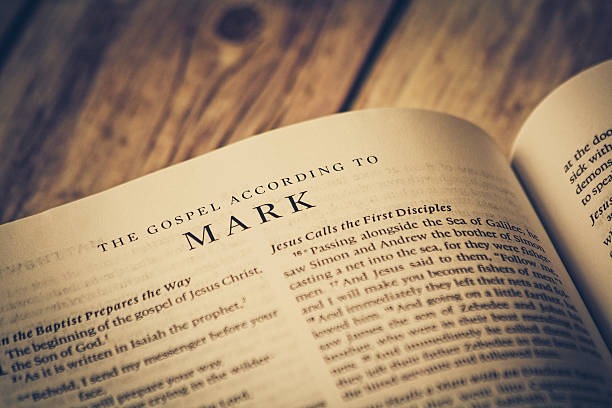Third Sunday in Ordinary Time [B]
January 21, 2023
Mark 1:14-20
Jesus began His ministry by preaching, “The time has been fulfilled, the kingdom is at hand; repent and believe in the Gospel!” Yet, the question is, ‘What is the Gospel we need to believe in?’ Indeed, it is not the four written Gospels (Matthew, Mark, Luke, and John) since these were written years after Jesus’ death and resurrection. So, what is the Gospel here?

The most basic understanding of the Gospel is ‘the good news.’ It comes from the Greek word ‘ευαγγελιον’ (read: Evangelion). This word itself is composed of two elements: ‘ευ’ meaning ‘happy’ or ‘good,’ then ‘αγγελιον’ meaning ‘news.’ In the time of Jesus, the word ‘ευαγγελιον’ is not just any good news like “I passed the exam” or “I received a bonus.” The word is an imperial technical term to point to the emperor’s major victory or to the emperor’s birthday celebration. Every time ‘ευαγγελιον’ was announced, there would be great joy among the people because the enemy had been defeated, and now the residents of the empire may live in peace.
Jesus used the same imperial vocabulary but adjusted its content to His purpose. It was no longer about the good news about the Roman empire but about the Kingdom of God. It was no longer about the emperor’s glory but now about Jesus. Those living at that time may respond differently to Jesus’ Gospel. One could consider Jesus insane, delusional, or a liar, and thus, His Gospel was nothing but a laughable lie. Others might see Jesus as subversive; thus, His Gospel was a call to rebellion against the Roman empire. We recall also that this subversive understanding of the Gospel was later used to accuse Jesus before Pilate. Jesus was ‘the king of the Jews’ against the Roman emperor.
However, Jesus proved these assumptions were simply incorrect. Jesus did not preach empty words; He taught with authority and performed mighty miracles. Even the demons were obedient to His words. He was not also a revolutionary political fighter because His Kingdom is not of this world (see John 18:36), and how He refused to be made king by his supporters (see John 6:15). Jesus’ Kingdom is the Kingdom of God of holiness. The only way to enter is repentance (metanoia). The word metanoia presupposes a change of ‘mind’ or ‘lifestyle’ from a life of sins and far from God into a life according to God’s law and, thus, life with God.
Thus, from this perspective, we can say that ‘believe in the Gospel’ means that we believe in the Kingdom of God and Jesus, the king of the Kingdom, who saves us from sins and brings us back to God. And the way to believe is none other than repentance. To say, “I believe in Jesus,” yet we keep stealing other people’s money, is just nonsense. To say, “I trust in God,” but we keep breaking His laws and commandments, is useless. ‘
Another interesting fact! The actual Greek Mark used for ‘believe’ is ‘πιστεύετε’ (pisteuete), and grammatically, it is imperative mode in the present tense. In ancient Greece, this imperative presence means a command to do something, not one time but continuously. Thus, Mark wants to emphasize that belief is a continuous process rather than a one-time action. Belief in Jesus is something that is growing and dynamic rather than static.
Rome
Valentinus Bayuhadi Ruseno, OP

